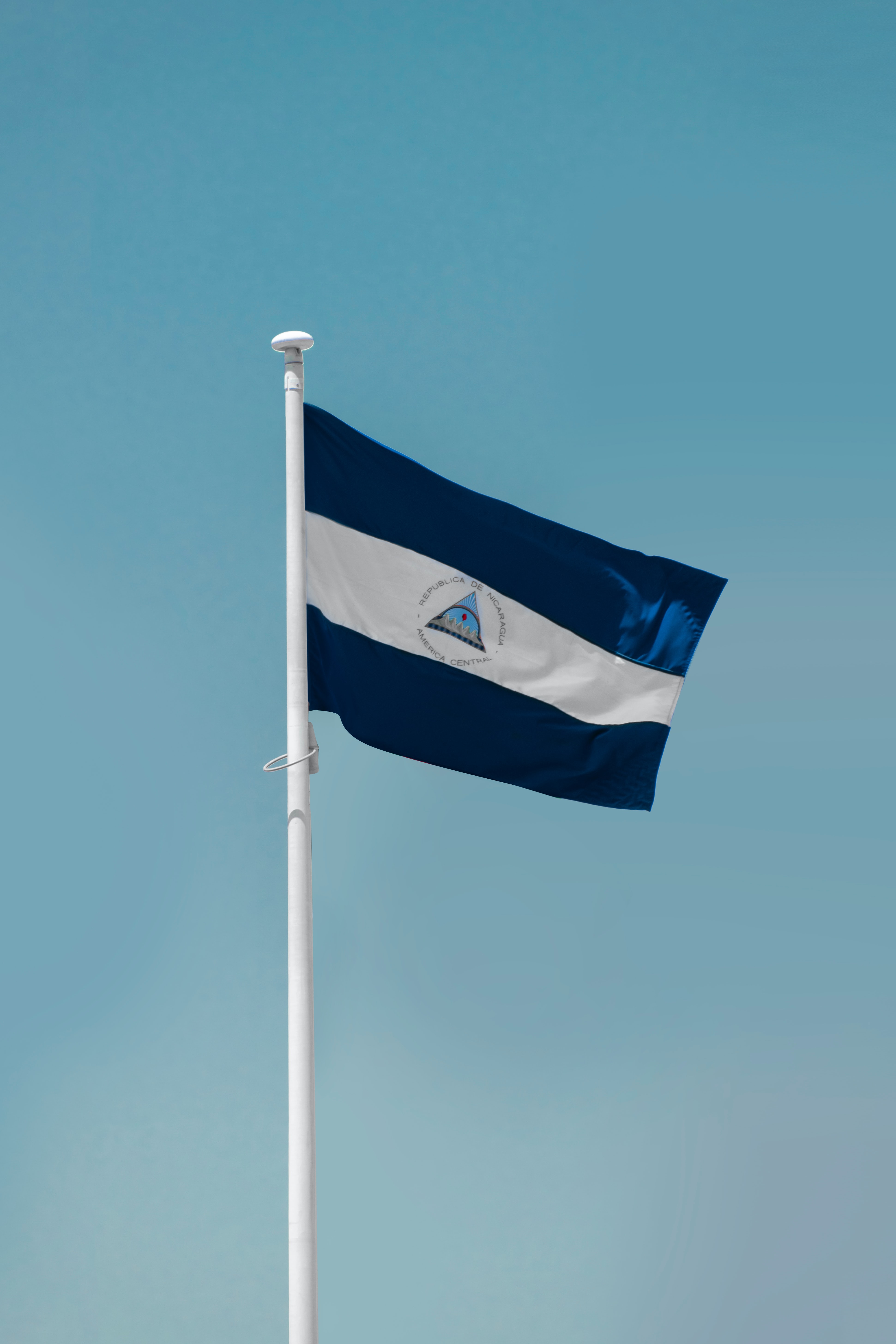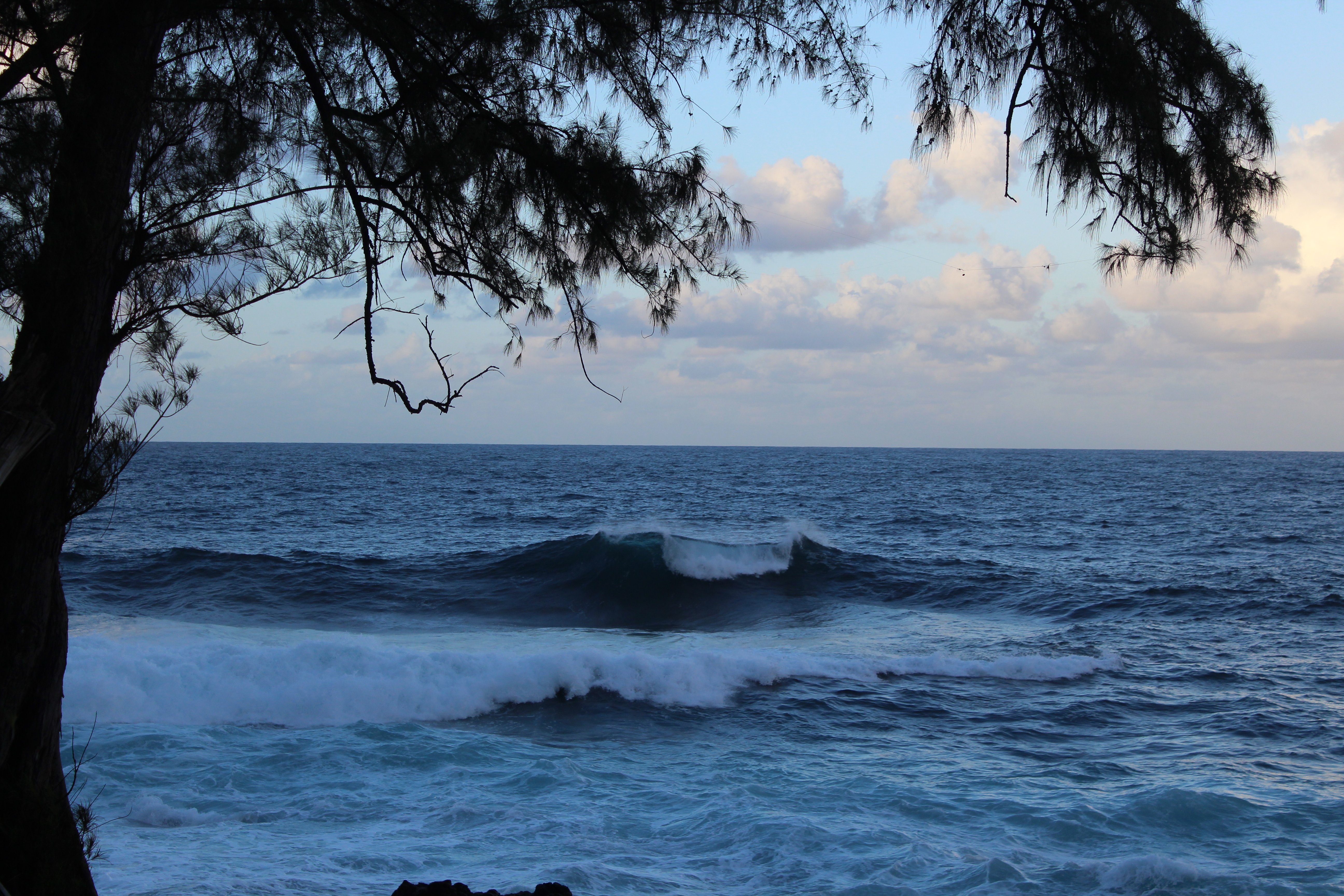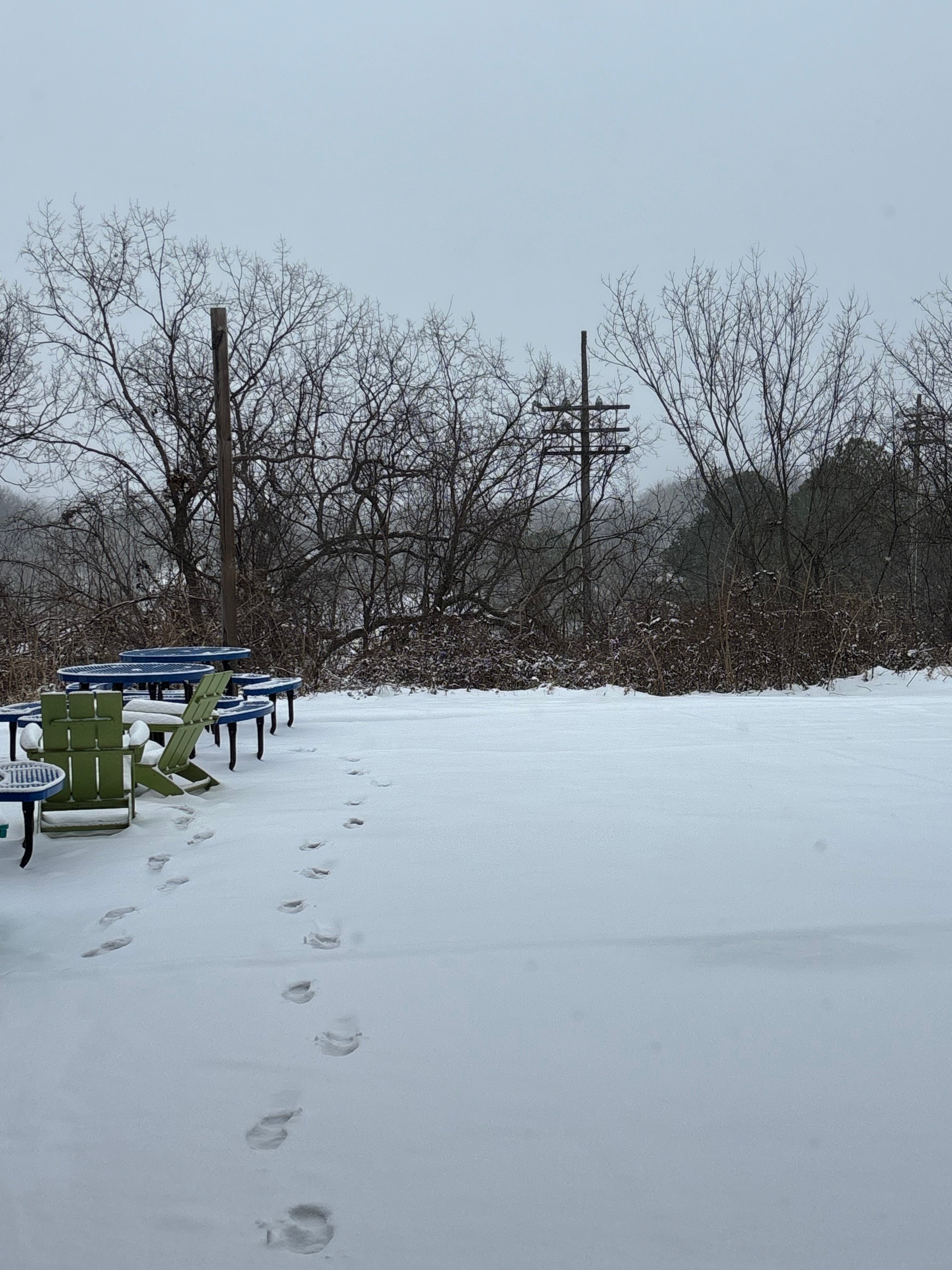![]()
On Feb.9, 2023, an estimated 222 Nicaraguan political prisoners were released and exiled from the country and sent to the United States. Since 2018, Nicaragua has faced the imprisonment of hundreds of students, journalists and politicians who oppose the country’s government. This event, which has startled the whole country and its citizens around the world, is an outcome of the United States’s involvement in an attempt to protect and advocate for these Nicaraguan citizens’ human rights.
According to Article 15 of the Universal Declaration of Human Rights, it is a fundamental and intransgressible right for humans to bear a nationality and to not be “arbitrarily deprived” of this. However, a total of 94 Nicaraguans of the 222 exiled political prisoners released were stripped of their nationality and the nationality of the whole 222 was “revoked.” In addition, they are accused of committing the crime of treason, and an official law was added to the Political Constitution of Nicaragua that regulates the loss of Nicaraguan nationality.
Felix Maradiaga, former General Secretary of Nicaragua Ministry of Defense and active politician, was imprisoned after running for president in 2022. He was among the 94 whose nationality was stripped. In an interview for National Public Radio in the United States, Maradiaga gave his testimony. Reaching back to Nicaragua’s civil war in 1962, Maradiaga was once a political refugee in the United States. Today, Maradiaga is once more in the same situation and confesses “And, you know, we never imagined, as a Nicaraguan, that a foreign government would come and take us to a free land.”
The U.S. Department of State shared through a press statement that “ The United States condemns the Government of Nicaragua decision,” referring to the violation of the right to nationality of the 222 Nicaraguans. Additionally, on Feb. 9, the Department Spokesperson in Washington D.C. stated “The individuals released have access to medical and legal assistance, and we continue to look for ways to support them as needed.” Currently, Nicaraguans are eligible for the Cuban, Haitian, Nicaragua and Venezuelan Parole Program. This program grants a temporary residence permit for citizens of these countries and was officially announced by the Department of Homeland Security on January 9, the same date as the political prisoners’ release. This program also attempts to avoid illegal immigration.
The participation of the United States in this historical political event sets new standards in the intervention and cooperation in human rights crisis affairs international management. However, future actions of the country towards the agency of migratory movements or refugees remain uncertain. Assistant Professor of Criminal Justice in the Political Science Department of John Brown University Miguel Rivera says, “I am hoping that this also means a renewed commitment to a grace and empathy-based approach to immigration.” He also shared his thoughts on the future of Nicaraguans seeking political asylum by adding “Our voice matter and count and have a lot to do with how this country officially responds to opportunities like this with Nicaragua. So, vote your conscience.”
Photo by aboodi vesakaran on Unsplash





